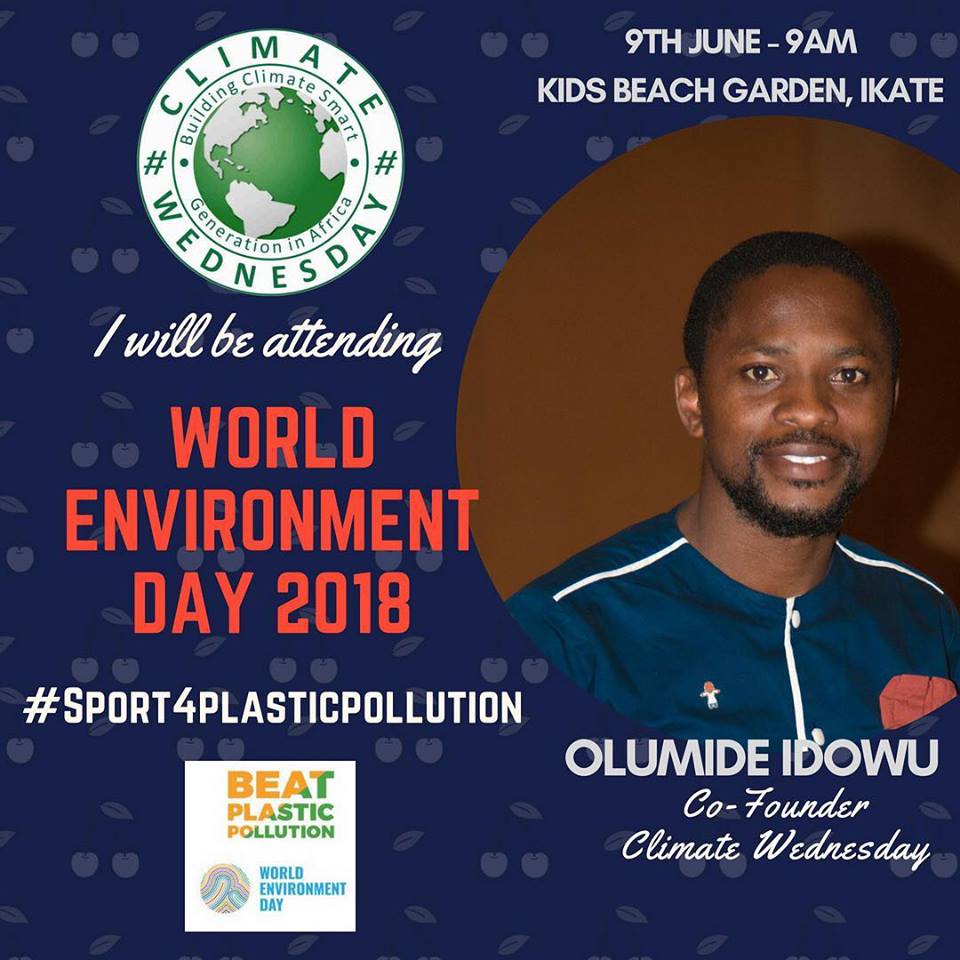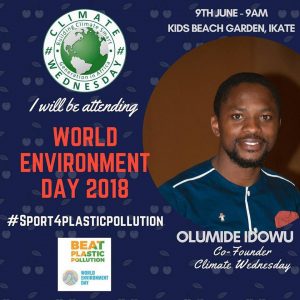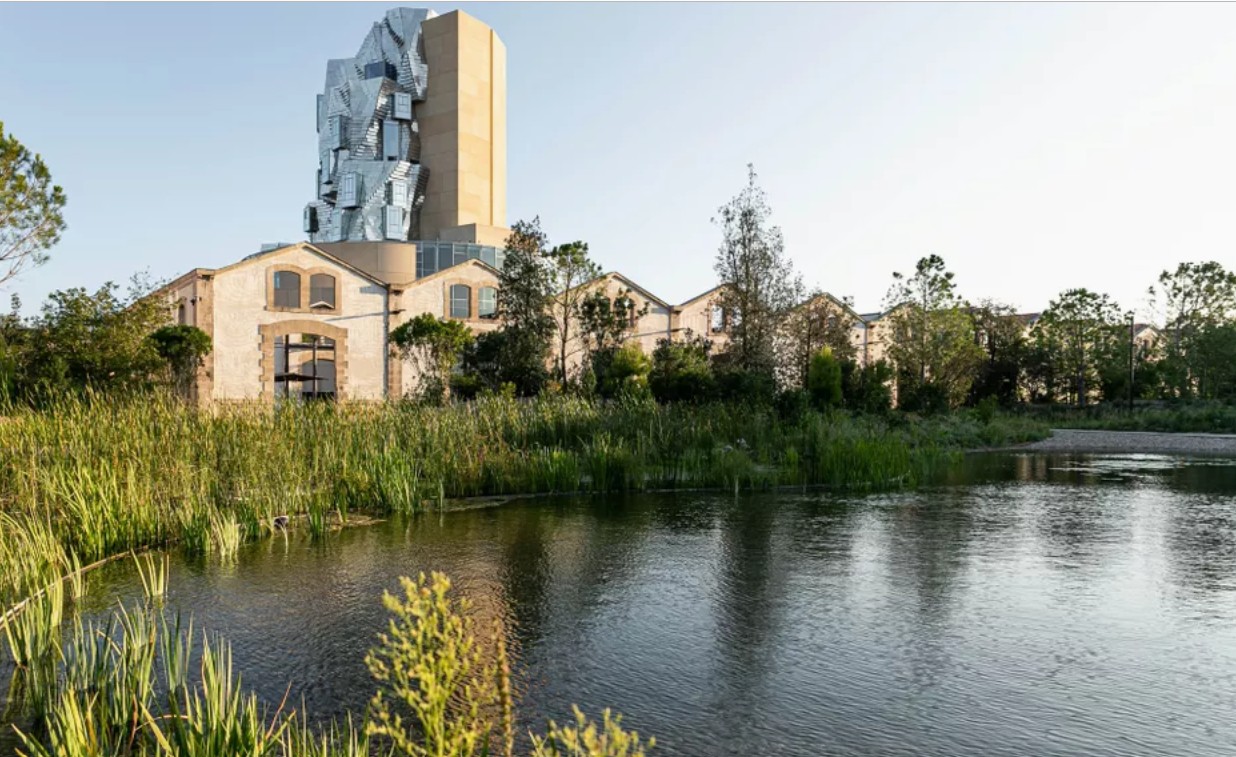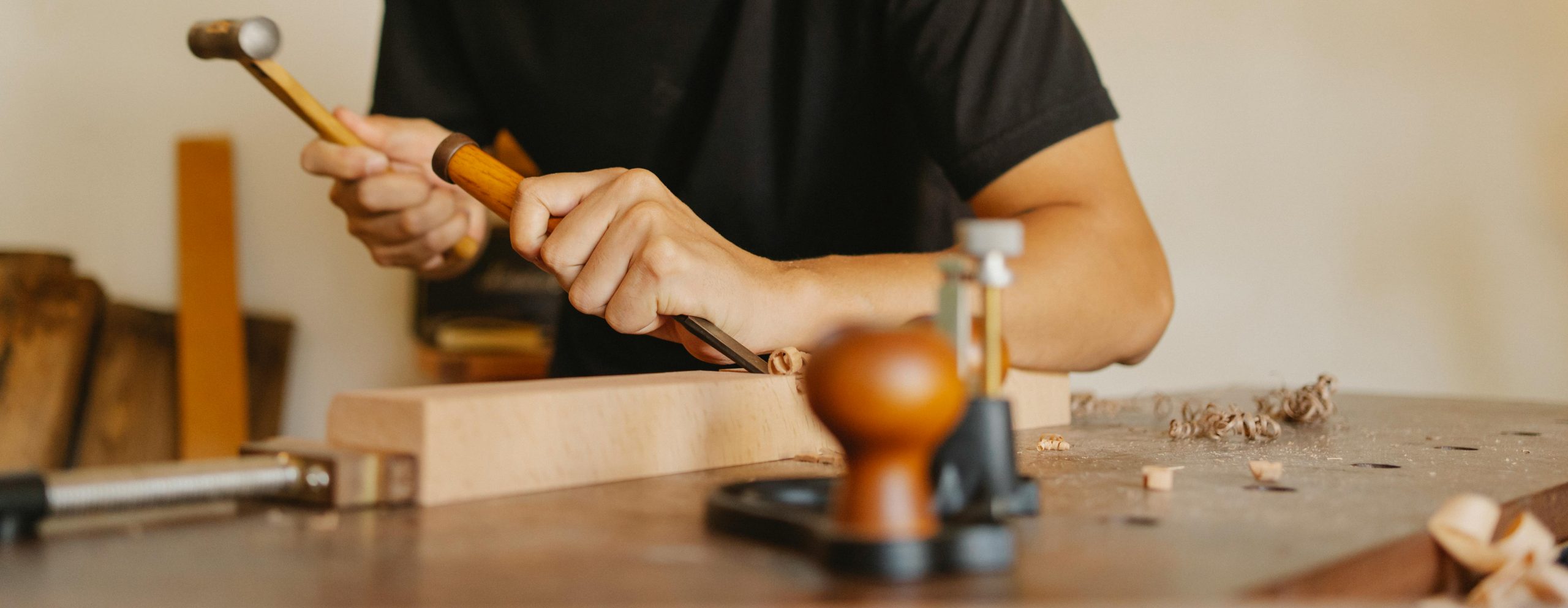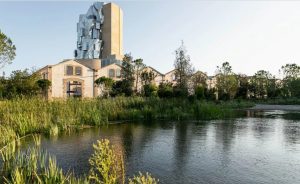Nigeria-climate action : “We can all make a difference to climate change”- Olumide Idowu*
Nigeria-climate action : “We can all make a difference to climate change”- Olumide Idowu*
Column
Changing our lifestyle
It is easy to get disheartened or fearful about climate change. Climate change in Nigeria is principally a major problem caused by the increase of human activities if you like, call it human mismanagement of the earth leading to several direct and indirect impacts on health. These climatic changes have wide-range harmful effects including increase in heat-related mortality, dehydration, spread of infectious diseases, malnutrition, damage to public health infrastructure. If we continue as we are now, the effects of global warming around the world could be catastrophic. Some aspects of climate change may already be irreversible. Yet many scientists believe that by taking positive action now, it is possible to slow the pace of climate change and reduce further global warming. Changing our lifestyle and our behaviour will help reduce the human impact on the environment.
We can all make a difference to climate change. Here are some suggestions for a healthier, more sustainable approach to living in our environment in Nigeria.
Reduce Car Emissions: Leave the car in the garage and walk or cycle for short trips; Use public transport; Keep your car tyres inflated to the recommended pressure; Drive slowly and smoothly; Car-pool with workmates.
Reduce Energy Expenditure in your Home: Turn off lights and appliances when not in use; Replace regular light bulbs with compact fluorescent bulbs; Insulate your home and reduce your heating and cooling bills; Install a water-saving showerhead and take shorter showers; Dry your clothes outside on the line rather than in the clothes dryer; Switch to ‘green energy’ for your electricity needs.
Reduce your ‘Carbon Footprint’ When you Shop: Buy local and seasonal food produce to reduce energy use in transport and storage; Buy items with minimal packaging whenever possible; If you buy new items, make sure they are made from sustainable, low-impact materials; Buy secondhand rather than new – from op shops, garage sales or over the Internet.
Recycle Waste and Reuse Pre-Loved Items: Recycle as much of your rubbish as you can; Compost vegetable scraps; ‘Detox your home’ – dispose of unwanted chemicals safely rather than pouring them down the sink or putting them in the rubbish bin; Be creative in finding new uses for ‘found’ or pre-loved objects.
Longer term choices that help the Environment: Buy energy efficient household appliances; Install a solar-powered hot water system; Install rainwater tanks; Buy a more fuel-efficient car or think about not owning a car – perhaps you can share one; Move to an area where your workplace, shops and schools are within walking distance.
Talk with your Children: Even young children can be affected by uncertainty or despair. It is important to talk about issues such as climate change with your child and help them find ways to deal with their fears.
Listen to your child and take their concerns and feelings seriously; Explain the issues in a way that is appropriate to the child’s level of understanding, without too much graphic detail. Use language they understand; Check that your child hasn’t jumped to any wrong conclusions. If you try to protect them by keeping information from them, they may fill in the blanks using their imagination; Provide positive, realistic information sources for them learn about climate change – for example, a children’s book, video or educational website; Talk about the issue as a family and plan simple, positive actions that you can take together to make a difference.
Build strong Communities: Join a group or get together with friends and neighbours to establish local, sustainable community-building networks.
Establish a community garden and educate yourselves and others about sustainable food practices; Start a ‘share network’ to pool resources such as lawn-mowers, garden or shed tools, bottling kits, bikes and so on; Recycle unwanted goods through a local ‘swap meet’ or invite your neighbours to hold a joint garage sale; Get together with parents from your children’s school to start a Walking School Bus; Organise with others to hold community tree-planting days; Get involved in your local council activities or join a group to help design people and environment friendly public spaces; Create a sustainable ‘transition town’ to plan for and limit the effects of climate change on your local neighbourhood.
We can all make a difference to climate change; Start simply with things you can change in your everyday environment – with a bit of practice, it’s possible for everyone to live a more sustainable lifestyle; Get children involved and provide ways for them to take positive action. It is important to talk about climate change with your child and listen to their ideas; Take action as a family or as a community. It’s fun and it also builds strong relationships and resilience for the future.
*Olumide Idowu is the Co-Founder of International Climate Change Development Initiative (ICCDI). He can be contacted via twitter @OlumideIDOWU
Share this content:
